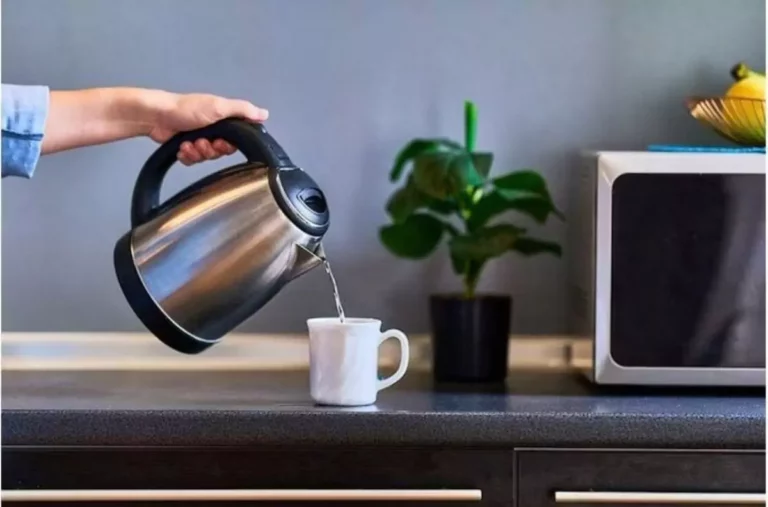22 Chinese Dining Etiquette Rules Every Diner Should Know
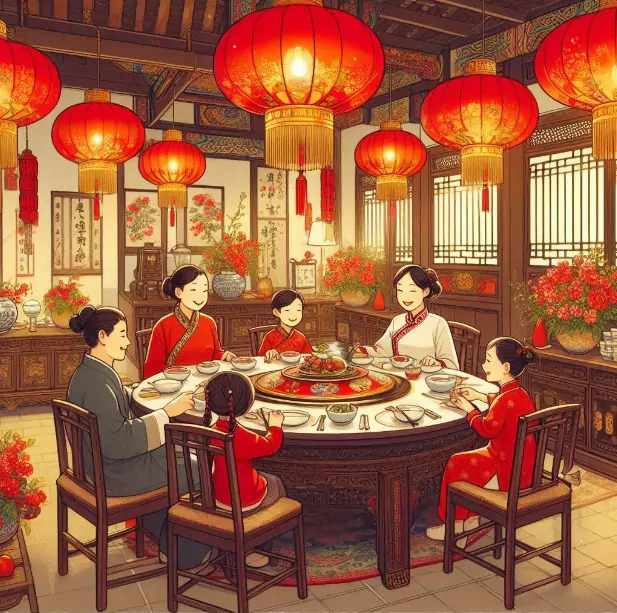
Ni hao!
Interested in Chinese dining etiquette?
Let’s delve into the rich traditions and customs that make dining in China a unique experience.
We’ll guide you through the essential manners and cultural insights for a memorable meal in Chinese style.
Let’s begin!
1. Offer the Seat of Honor First
In Chinese dining etiquette, the seat facing the entrance or with the best view is considered the seat of honor.
As a host, offering this seat to the most esteemed guest shows respect.
2. Wait to Be Seated
Guests should wait to be directed to their seats by the host or the most senior person present.
This shows deference and ensures everyone is seated appropriately.
3. Use Chopsticks Properly
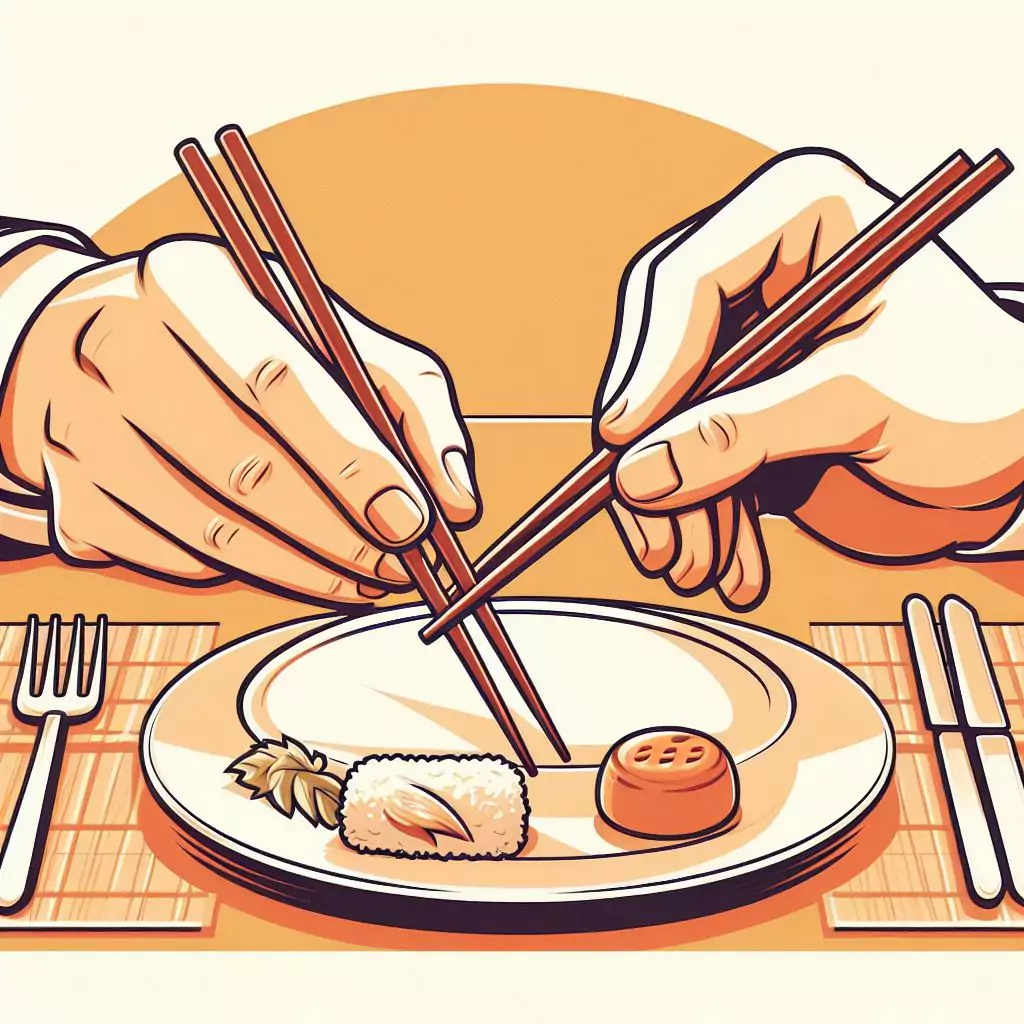
Hold chopsticks towards the ends, not in the middle or near the tips. Avoid pointing them at others, and never use them to gesture or play with food.
4. Don’t Stick Chopsticks Upright in Rice
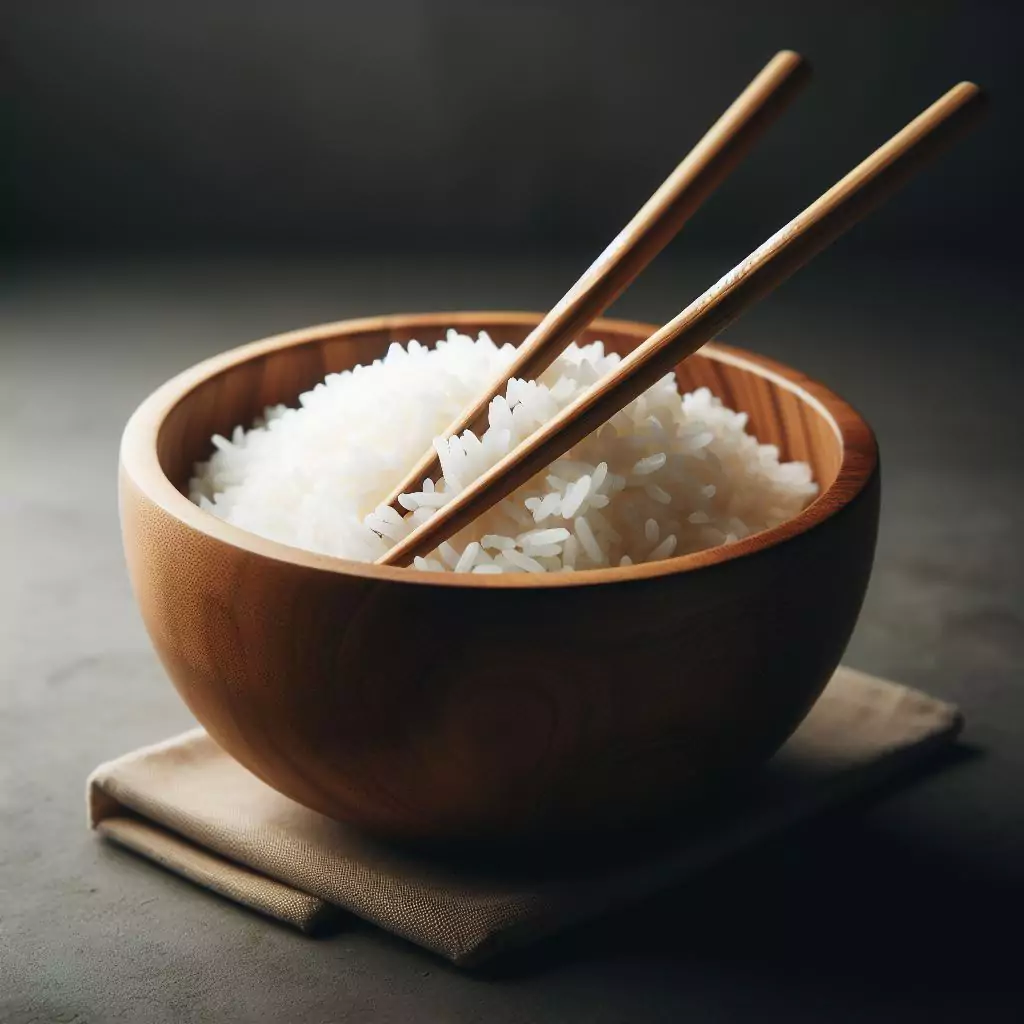
This action resembles incense offerings at funerals and is considered highly disrespectful. Instead, rest chopsticks on a chopstick rest or horizontally on the plate.
5. Toasting Etiquette: Lower Glass Than Elders
When making a toast, hold your glass lower than that of the most senior person present as a sign of respect.
6. Use Both Hands to Pour Tea
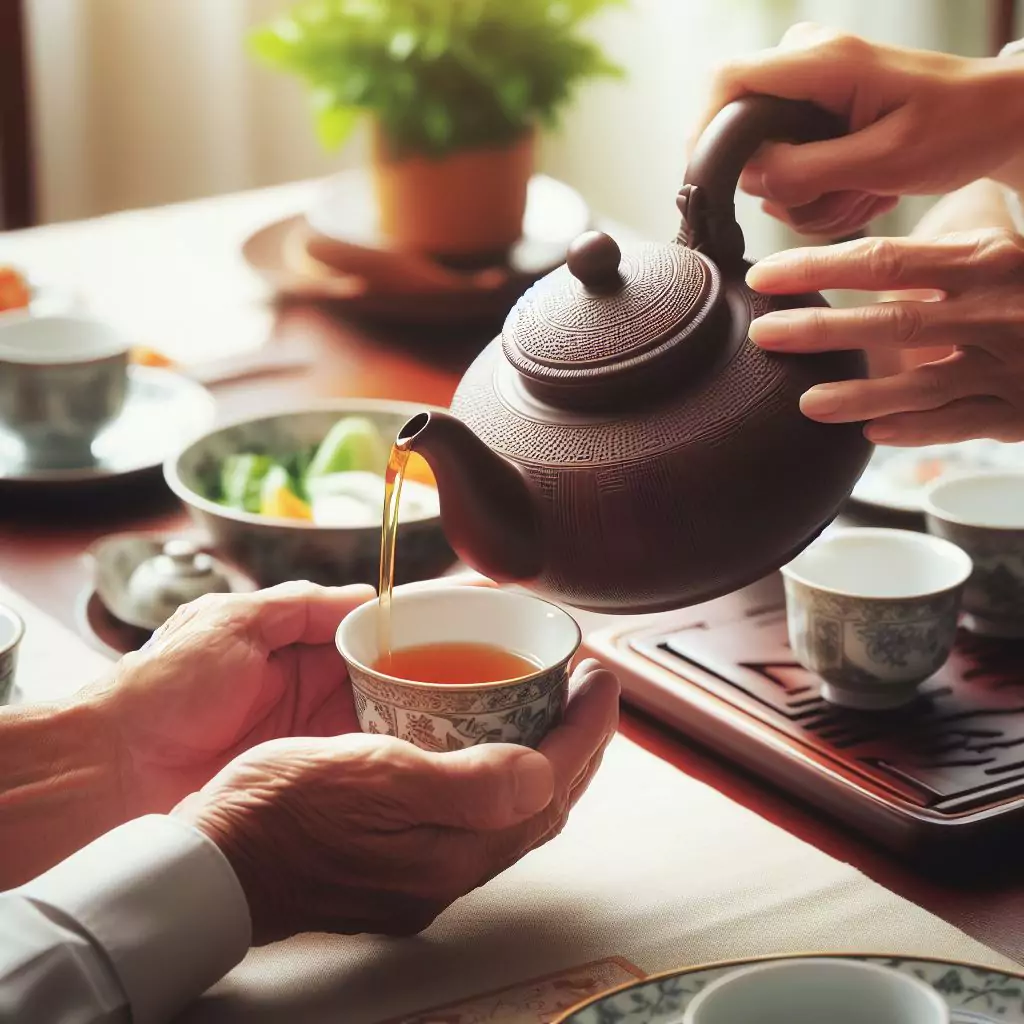
When pouring tea for others, use both hands to hold the teapot, especially when serving elders or guests of honor. This gesture signifies politeness.
Recommended article: 17 Japanese Dining Etiquette Rules Every Diner Should Know
7. Accept Food With Both Hands
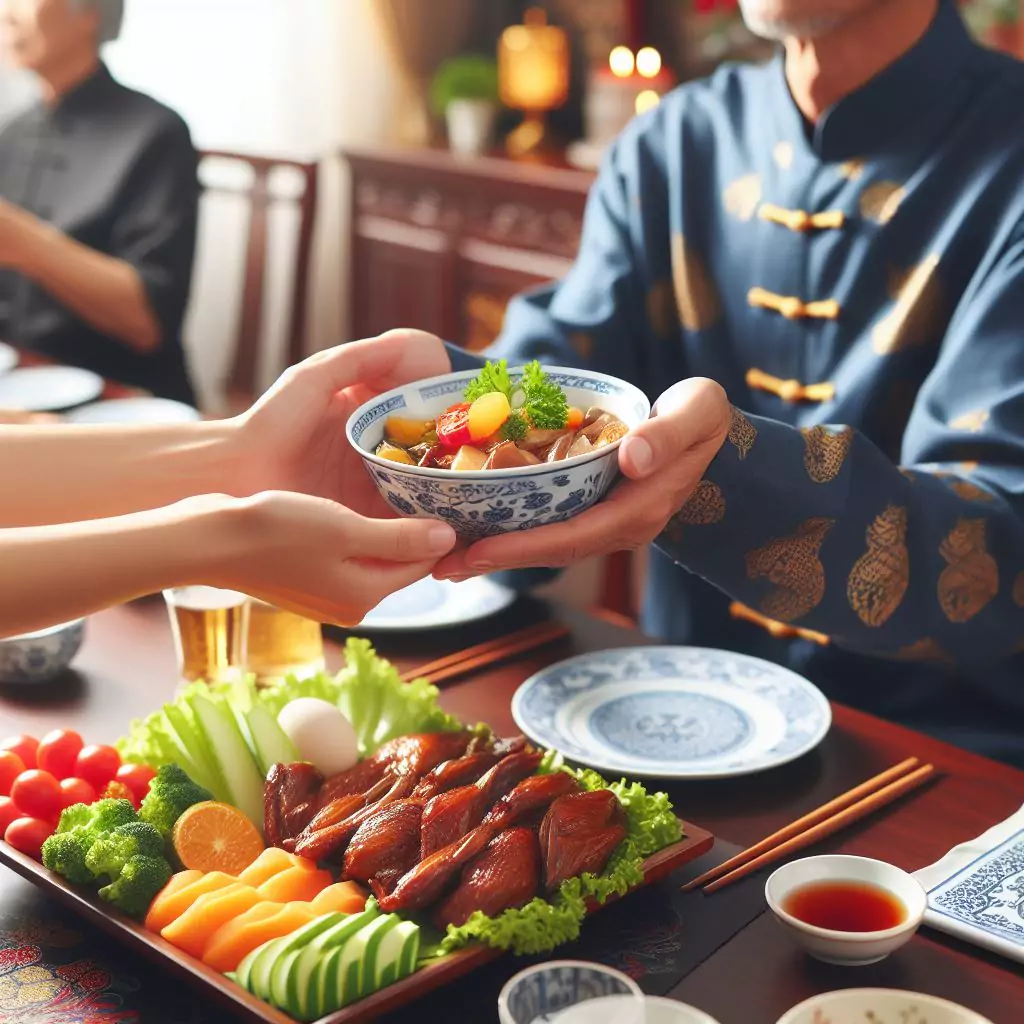
When receiving food or a dish from someone, use both hands to show appreciation and respect for the gesture.
8. Wait for Elders to Start Eating
It’s customary to wait for the eldest or most senior person at the table to start eating before you begin your meal.
9. Refill Others’ Cups Before Yours
If you notice someone’s cup is empty, offer to refill it before tending to your own. This gesture of attentiveness is valued.
10. Don’t Finish All Food on Your Plate
Leaving a bit of food on your plate shows that you are satisfied and that the host provided abundantly.
11. Don’t Flip Fish Over
In Chinese culture, flipping a whole fish is seen as bad luck because it symbolizes a fishing boat capsizing.
12. Don’t Tap Chopsticks on the Bowl
Tapping chopsticks on the bowl is reminiscent of beggars in ancient times seeking food and is considered impolite.
13. Don’t Stick Chopsticks in Your Mouth
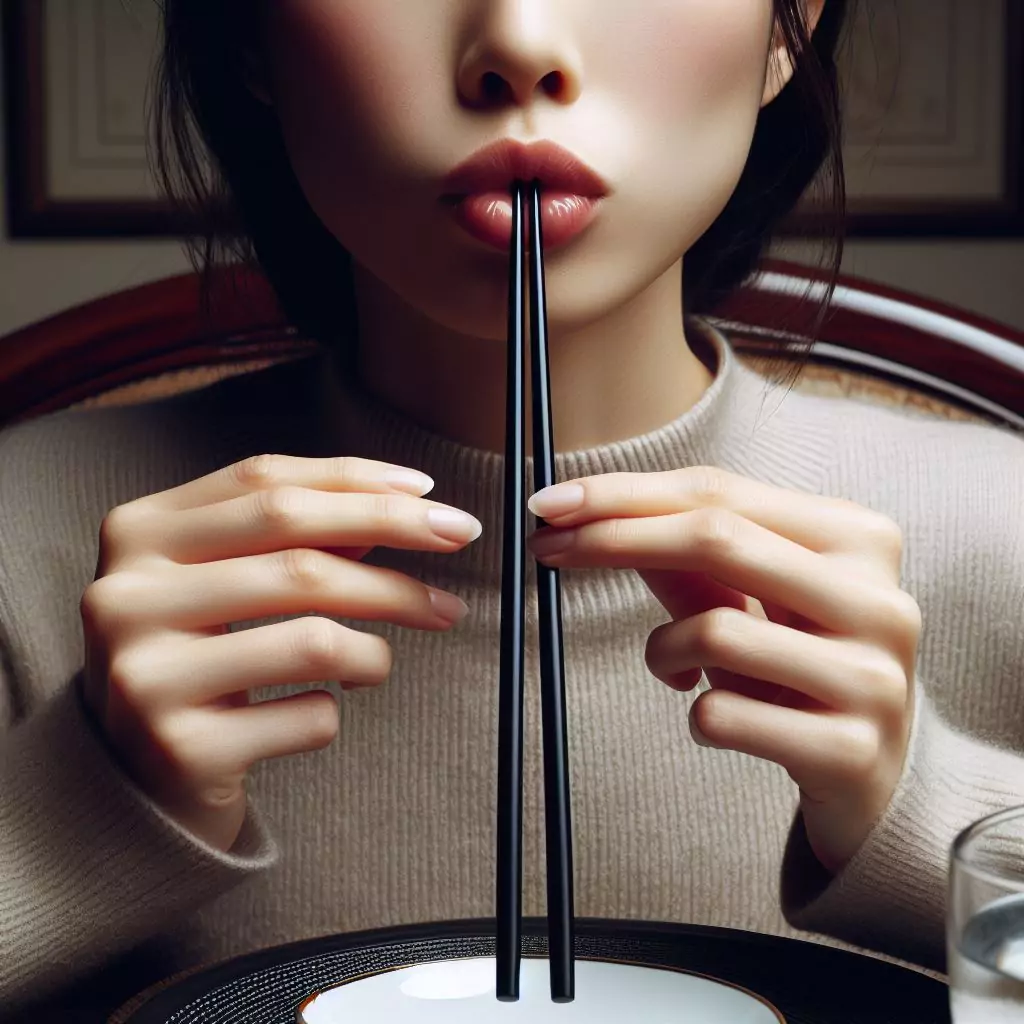
Never place chopsticks upright in your mouth, as this resembles a funeral ritual and is considered extremely rude.
14. Finish Soup to the Last Drop
Finishing your soup to the last drop indicates that you enjoyed the meal and appreciated the effort put into cooking.
15. Pace Your Eating With the Host
Try to match the pace of eating with the host or the most senior person present as a sign of respect and harmony.
Recommended article: 20 French Dining Etiquette Rules Every Diner Should Know
16. Don’t Slurp Noodles Loudly
While slurping noodles is common in some cultures, in Chinese dining etiquette, it’s considered noisy and disruptive.
17. Don’t Blow Your Nose at the Table
Excuse yourself from the table if you need to blow your nose or engage in any other personal hygiene activities.
18. Don’t Criticize the Food
Avoid making negative comments about the food, as it can be seen as disrespectful to the host’s efforts and hospitality.
19. Use Serving Utensils
When serving communal dishes, use the provided serving utensils instead of your own chopsticks to maintain hygiene and show respect for others.
20. Don’t Argue Over the Bill
When the bill arrives, it’s polite to offer to pay, but don’t insist on it or argue over it, especially in front of others.
21. Offer Tea as a Sign of Gratitude
Pouring tea for others, especially the host or elders, is a gesture of gratitude and respect in Chinese culture.
22. Compliment the Food and Host’s Cooking
Express appreciation for the meal and the effort put into preparing it. Compliments are valued and show your respect for the host and the culinary traditions.
Wrap Up
Understanding and practicing Chinese dining etiquette not only shows respect for cultural traditions but also fosters meaningful connections during meals.
By following these guidelines, guests can enjoy a harmonious dining experience and show appreciation for the host’s hospitality and culinary efforts.

